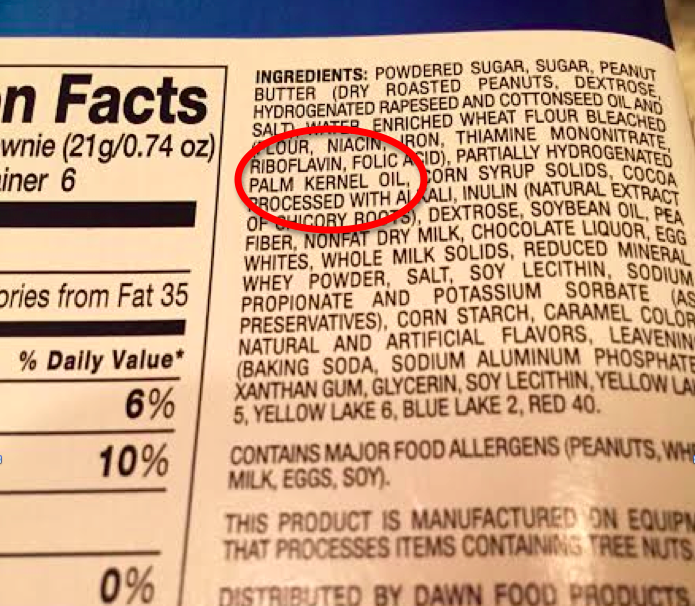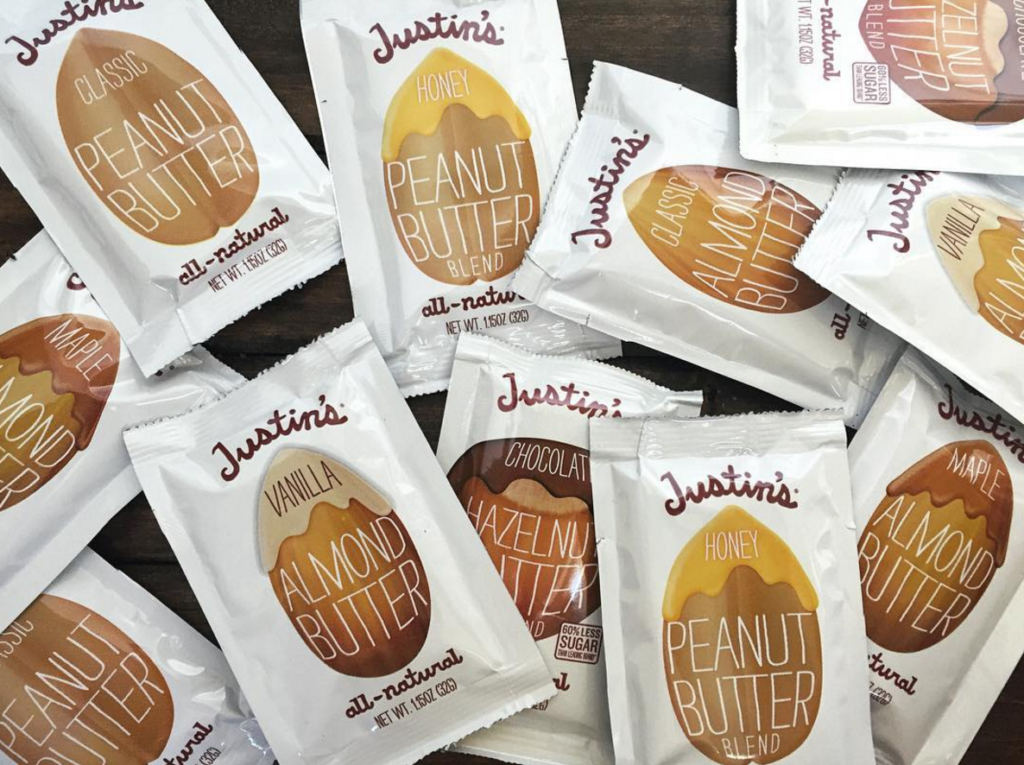Is it just us, or does eating responsibly seem virtually impossible these days? What does sustainable eating even mean? According to Anna Lappe, author and sustainable food advocate, sustainable eating means “the production of food, fiber, or other plant or animal products using techniques that protect the environment, public health, human communities, and animal welfare. It’s a way of food production that generates abundance while ensuring future generations can do the same.”
Does that sound just as daunting to you as it does to us?

GIF courtesy of giphy.com
Not to worry: the first step to ultimately becoming a sustainable eater is getting informed. Allow the following article to teach you all about palm oil– why its production is problematic, where we consume it, and how to change your ways to be more sustainable.
So first, why is palm oil production so problematic? Unfortunately, palm oil has become one of the primary causes behind rainforest destruction. And, as we know, rainforest destruction means more carbon polluting the atmosphere, which, in turn, drives climate change. Note- climate change is not not bad.

Photo courtesy of sustainablepalmoil.com
But Palm Oil isn’t just bad for rainforests. The single greatest threat to orangutans is the palm oil industry. In fact, Sumatran orangutans have been classified as “critically endangered” by the International Union for Conservation of Nature due to the widespread destruction of rainforests, which happens to be their habitat.
And if the trees or the animals aren’t enough to convince you of the problem with palm oil, perhaps the oil’s nutritional profile will do the trick. Palm oil is very high in saturated fat. And while trans fat may be of primary concern when it comes to heart disease, saturated fats aren’t off the hook. In fact, the American Heart Association says there’s a direct correlation between saturated fat consumption and high cholesterol levels. In short, palm oil ain’t good for nature, animals, or your heart.

Photo courtesy of swissinfo.ch
So what products even have palm oil in them? Unfortunately, many of the brands (food and otherwise) you know and love contain palm oil. Think Oreos, Clif bars, Bagel Bites, Garnier Fructis, Ben & Jerry’s, Girl Scout cookies, Colgate toothpaste, Pringles, Nutella, Dove, and several others– all contain Palm Oil. Ouch. Indeed it’s hidden in some of our most beloved processed food and household toiletry products.
To make matters more complicated, palm oil has several other pseudonyms that companies use to disguise its presence in a product. Some of these alternate names include vegetable oil, palm kernel oil, and palmitate. Just like sugar, it sneaks into our products without us even realizing.

Photo by Abbey Fernandez
There is good news, though. Some large brands are committed to only using sustainable palm oil in their products. Kelloggs, Nestlé, Dunkin donuts, and, of course Justin’s, are some of the companies that have taken the initiative already. Ideally, more corporations will make the switch if that’s what more consumers begin to buy and support. Which is why, you, as the consumer, have more power than you may think. Get informed, eat sustainably, and help enact change.

Photo courtesy of @justins on Instagram
Easier said than done, we know, but supporting environmentally-minded brains just feels so right. So if their complete lack of nutritional value isn’t enough, step away from the Oreos for the sake of the freaking orangutans.

GIF courtesy of giphy.com


